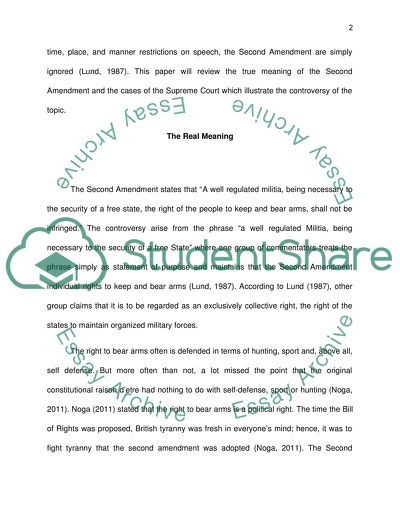Cite this document
(“Political significance of the Second Amendment Term Paper”, n.d.)
Retrieved from https://studentshare.org/environmental-studies/1419665-political-significance-of-the-second-amendment
Retrieved from https://studentshare.org/environmental-studies/1419665-political-significance-of-the-second-amendment
(Political Significance of the Second Amendment Term Paper)
https://studentshare.org/environmental-studies/1419665-political-significance-of-the-second-amendment.
https://studentshare.org/environmental-studies/1419665-political-significance-of-the-second-amendment.
“Political Significance of the Second Amendment Term Paper”, n.d. https://studentshare.org/environmental-studies/1419665-political-significance-of-the-second-amendment.


